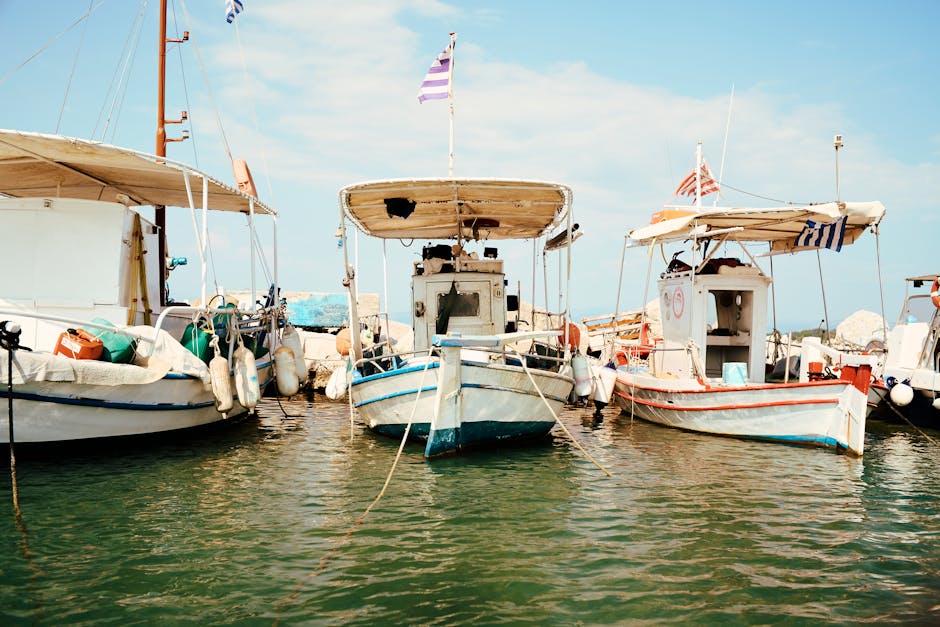
Cultural Identity and Language Preservation: Protecting Heritage in a Modern World
Cultural identity is deeply rooted in the languages we speak, the traditions we follow, and the stories we pass down through generations. In a rapidly globalizing world, preserving these unique cultural expressions becomes crucial to maintaining our diverse world heritage.
Language preservation plays a vital role in safeguarding cultural identities. Languages are more than just communication tools; they embody history, beliefs, and collective memories. Efforts to protect endangered languages can include community-led initiatives, educational programs, and technological innovations that document and revitalize linguistic heritage.
Supporting local languages also benefits broader societal cohesion and cultural diversity. For example, organizations like Language Preservation Organizations work tirelessly to document endangered dialects and promote their use in daily life.
Embracing multilingualism and promoting awareness about the significance of cultural identity can help encourage younger generations to cherish their heritage. Through cultural festivals, storytelling, and digital media, communities are finding innovative ways to keep their languages and traditions alive.
Ultimately, the preservation of language and cultural identity ensures that future generations can experience and learn from the rich diversity of human culture. By actively participating in these efforts, we contribute to a more inclusive and pluralistic society.
